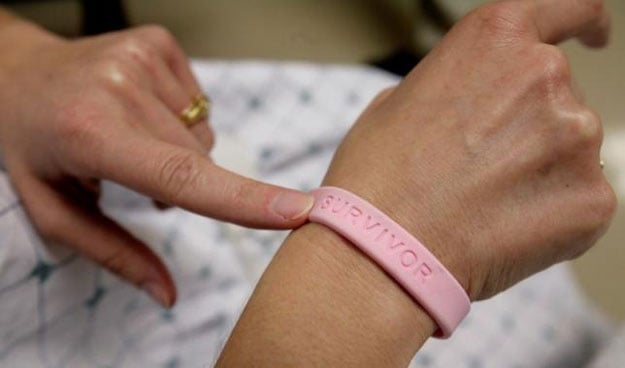
A report by the Dow University of Health Sciences has raised alarm about the lack of a national database of cancer cases and the high incidence of the illness reported in Karachi over the past decade.
Stating that 22,858 cancer cases were reported at Dow Cancer Registry, which has the largest network of diagnostic centres in the city, between 2010 and 2019, the report calls on policy-makers to devise appropriate strategies for cancer prevention and control.
It further elaborates that the last time Pakistan's cancer data was shared was with the participants of an international conference, Globocan 2018, two years ago, and that data was, in fact, extracted from Punjab Cancer Registry, failing to present the actual situation across the country.
Pointing out that numerous cancer cases are not indexed in the absence of a database containing country-wide records, the report underlines the need for establishing registries at regional levels. These can then be used to collect data at the national level through an integrated system, the report recommends.
According to the report, of the cases reported during the past decade, most were of breast cancer, followed by oral cancer and oesophageal cancer. Besides, it says, of 22,858 cases, 39.9 per cent were diagnosed in males and 60.1 per cent were reported among females.
It identifies that oral cancer has the highest incidence among males, while also stressing the need for addressing the rise of brain cancer and those related to the nervous system among children.
The report further calls for initiating research into oesophageal cancer, linking it to food consumption and terming the measure imperative for determining the quality of food being consumed by most, and further seeks a ban on tobacco products to control oral cancer.
Focusing on Karachi, the report says non-melanoma skin cancers are among the 10 types of cancers most reported in the city. It ascribes this occurrence to the city's proximity to the equator and an increase in the release of chlorofluorocarbons.
Published in The Express Tribune, October 3rd, 2020.


















COMMENTS
Comments are moderated and generally will be posted if they are on-topic and not abusive.
For more information, please see our Comments FAQ